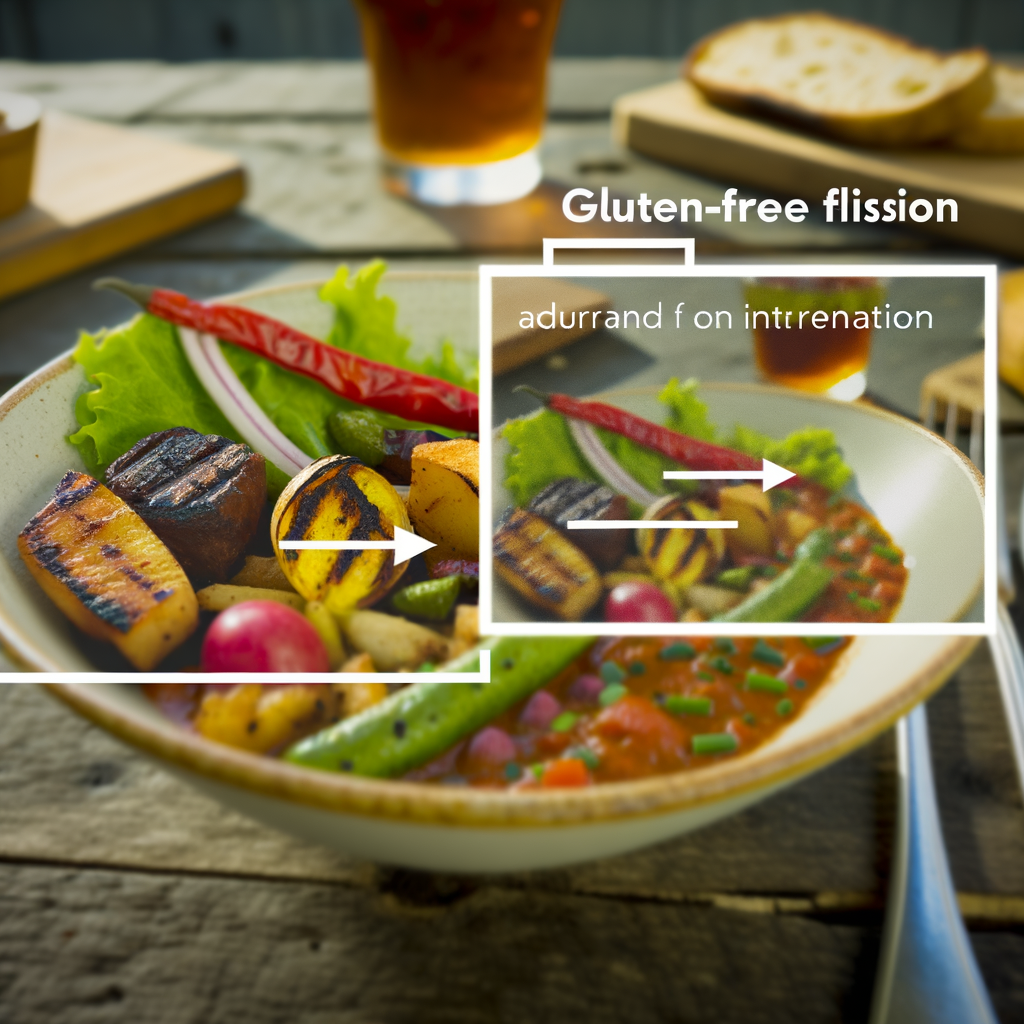In recent years, there has been a significant increase in the number of people following a gluten-free diet. This trend has been fueled by a growing awareness of gluten intolerance and its potential health benefits. But what exactly is a gluten-free diet, and should you consider following it?
Gluten is a type of protein found in wheat, barley, and rye. It gives dough its elasticity and is responsible for the chewy texture in bread and other baked goods. For people with celiac disease, consuming gluten can cause damage to the small intestine and lead to a range of symptoms, including digestive issues and fatigue.
However, many people without celiac disease have also adopted a gluten-free diet, believing it to be a healthier option. While there is no scientific evidence to support this claim, eliminating gluten can lead to a more balanced and diverse diet. This is because many gluten-free products are made with alternative grains and flours, such as quinoa, almond flour, and coconut flour, which provide a wider range of nutrients.
If you are considering going gluten-free, it is important to consult a registered dietitian to ensure you are still meeting your nutritional needs. A gluten-free diet can be restrictive and may lead to deficiencies in certain vitamins and minerals if not properly planned. It is also essential to be mindful of hidden sources of gluten, such as sauces and condiments, to avoid any accidental consumption.
In conclusion, a gluten-free diet can be beneficial for those with celiac disease or gluten intolerance. However, it is not a necessary or healthier option for the general population. As with any dietary change, it is important to do your research and consult a professional before making any drastic changes to your eating habits.





